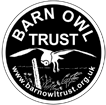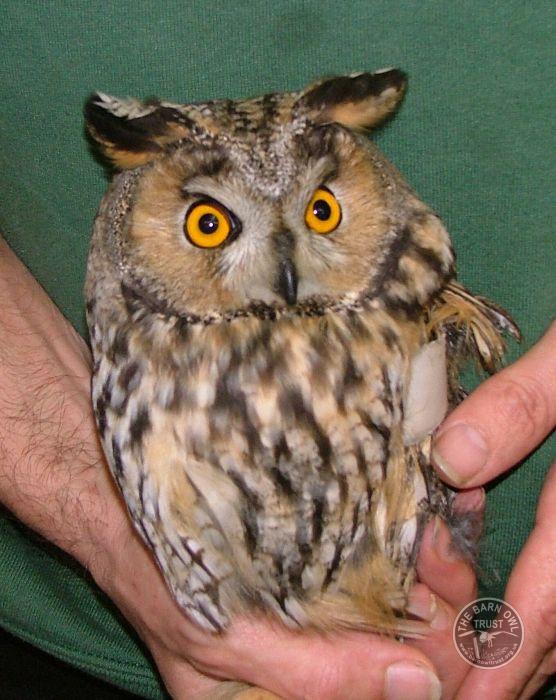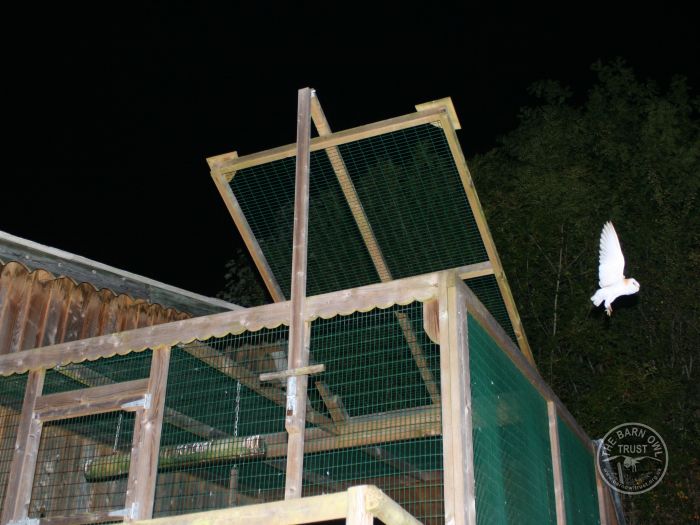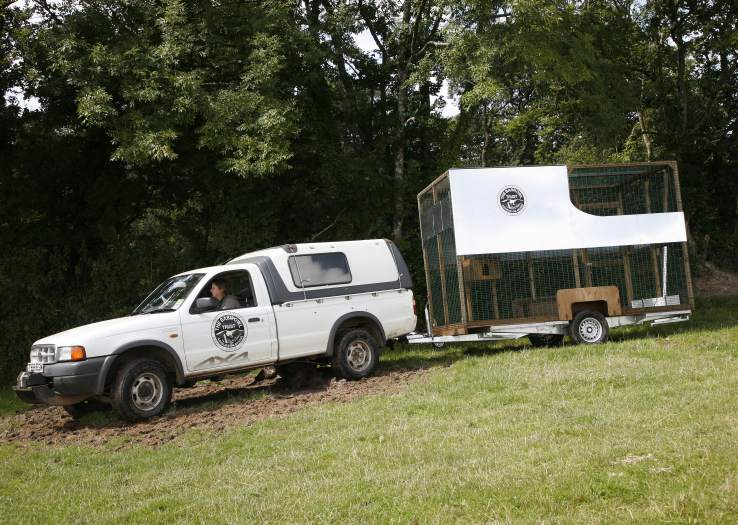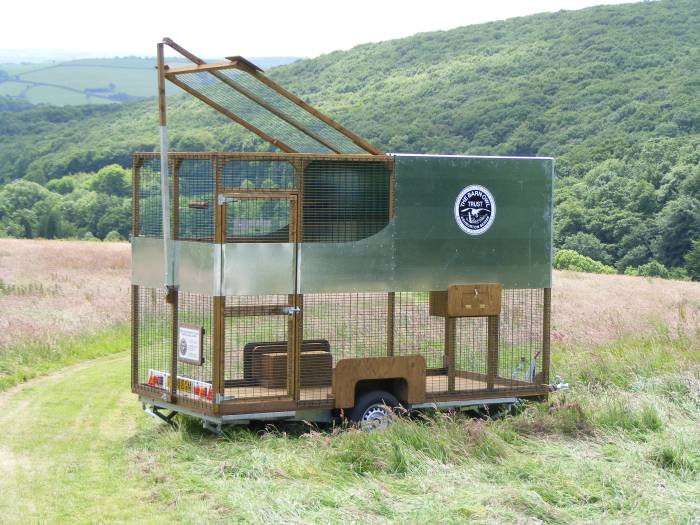Owl rescue and rehabilitation
Caring for owl casualties is a small but very important part of our work
We never turn a casualty owl away no matter what species it is although, as you might expect, we specialise in Barn Owls. Every effort is made to return birds to the wild and give them the best possible chance of survival.
- We are supported by several local veterinary practices, especially the Plymouth-based Veterinary Hospital Group.
- Owls we receive are released using the best possible method in the best place for each individual.
- We have developed a very well-equipped Owl Hospital and Aviaries supported by grant aid from a range of charities (see below).
The main casualty-types coming into our care are:
- Barn Owl and Tawny Owl road casualties.
- Nestling Barn Owls that have fallen from the nest and, for some reason, cannot be put back in it.
- ‘Branching’ young Tawny Owls that, for some reason, cannot be taken back to where they were found.
- Starving owls.
- …and less frequently we receive owls that are: sick, poisoned, or escaped tame owls.
Our Rehabilitation Report shows:
- How many Barn Owls and other birds we received in a 15-year period: 293 in total.
- Their ‘finding circumstances’, injuries, and treatment.
- What ultimately happened to them: 48.8% were released.
Releasing rescued owls back into the wild
Over the years we have used a variety of owl release methods and come to the conclusion that the short-term survival of released birds is strongly influenced by the release method used. Indeed, the way in which release aviaries are designed and operated is as important as the treatment of the birds themselves. It is imperative that the release place and release method chosen for each individual bird is determined by their original finding circumstances.
Innovations have included the invention of an aviary on wheels! Our first Mobile Release Aviary was ‘launched’ in 1997, a pioneering release aid that has been used on numerous occasions. We are absolutely delighted that our design has since been copied by other organisations and we have since built three more!
Unreleasable birds that can have a reasonable quality of life are cared for in our owl sanctuary.
Find out more:
- If you have found an owl, all the information you need can be found in our Owl care section.
You can watch the video’s on How to pick up and examine an injured owl and How to re-hydrate and feed a starving owl. - Additionally, Chapter 9 of the ‘Barn Owl Conservation Handbook’ covers the ‘Principals and Good Practice in Barn Owl Rehabilitation and Release’.
We are very grateful to the following grant-giving trusts that have supported this part of our work : Animal Defence Trust, Waterloo Foundation, Ryklow Charitable Trust, William & Patricia Venton Charitable Trust, Naturesave Trust, Marjorie Coote Charitable Trust, Valerie White Memorial Trust, Belsize Charitable Trust, and the Gwen Rees Will Trust.
We are members of the British Wildlife Rehabilitation Council (BWRC).
